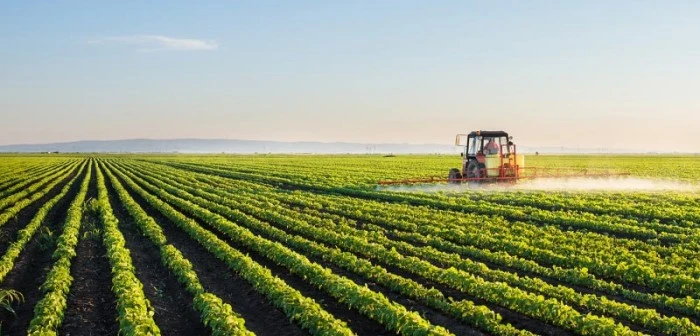
Agri-business Management
Overview
Agribusiness is the study of agriculture production. This course will support you in developing the knowledge and skills required to work in a wide range of roles in the food supply chain. It will help you to manage each step of the supply chain from farm to table and everything in between.
This is an adaptive and flexible course that will respond to new technological advances while remaining sustainable globally.
Objectives
- Understanding Agricultural Systems
- Business Management Skills
- Economic Analysis
- Marketing Strategies
- Financial Management
- Sustainable Practices
- Entrepreneurial Mindset
- Real-World Application
Prerequisites
- Prerequisite subjects like mathematics, economics, and business fundamentals
- SAT or ACT
- Work Experience
Curriculum Outline
- Introduction to Agri-Business
- Agricultural Economics
- Farm Management
- Financial Management in Agriculture
- Marketing of Agricultural Products
- Supply Chain Management
- Sustainable Agriculture
- Rural Development
- Policy and Regulation in Agriculture
- Entrepreneurship in Agribusiness
- Food Safety and Quality Management
- Agricultural Technology Management
- International Trade in Agriculture
- Agri-Environmental Economics
- Organic Farming and Certification
Teaching Method
- Lectures
- Computer Simulations
- Group Projects
- Case Studies
- Workshops and Seminars
- Field Trips
- Guest Lectures
Modules
- Entrepreneur in Action
- Introduction to the Agri-Food Industry
- Principles of Marketing
- Global Business Environment
- Business informatics
- People and Organisations
- Academic and Practical Skills
- Business Finance and Accounts
- Financial Management
- Marketing Management
- Industry Placement
- Society and Food
- Research and Evidence
- Dissertation
- Changing Consumer Behaviour
- Organising and Organisation
- Corporate Finance
- Negotiation in Business
Assessment Methods
- Exams and Quizzes
- Assignments and Reports
- Group Projects
- Presentations
- Practical Work
Course Duration
The course duration may vary by institution and location. In the UK, full-time study can take about 3 to 4 years, and part-time can take about 5 to 6 years.
Facilities
- Modern classrooms
- Computer Labs
- Library Resources
- Research Facilities
- Field Work Facilities
- Entrepreneurship Centres
- Internship and Job Placement Services
- Conference Rooms
- Sustainable Agriculture Facilities
Career Pathways
- Agricultural Manager
- Supply Chain Manager
- Marketing Specialist
- Agribusiness Consultant
- Food Safety and Quality Assurance Manager
Fees and Fundings
The fees depend on the institution and location. However, in the UK, the tuition fees for international students can lie between £15,000 and £35,000 per year for undergraduate programmes.
Entry Requirements
- A High School Diploma or Equivalent
- SAT
- English Proficiency
- Personal Statement or Essay
- Letters of Recommendation
Field Work and Internships
- On-Farm Experience
- Research Projects
- Community Engagement
- Agribusiness Internships
- Government and NGO Internships
- Research Internships
Certifications
- Certified Agricultural Manager (CAM)
- Agri-Food Business Management Certification
- Farm Financial Management Certification
- Sustainable Agriculture Certification
- Project Management Professional (PMP)
- Food Safety Certification
- Supply Chain Management Certification
Intakes
In the UK, the primary intake happens in September/October, and the secondary intake happens in January/February.
Student Testimony
The best part of my course was travelling to America for industry experience, where I undertook an assessment on the cropping strategies in America and how they could be applied here in Australia. [Giles Ditchfield from Charles Sturt University]
Frequently asked questions
These courses are best for agriculture businesses:
- BSc Agriculture.
- BSc Animal Husbandry.
- BSc Agriculture Economics and Farm Management.
- BSc Genetic Plant Breeding.
- BSc Fisheries.
- BSc Forestry.
- BSc soil and water management.
- BSc Horticulture.